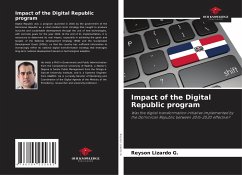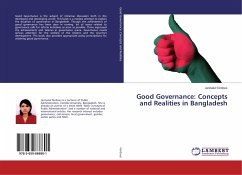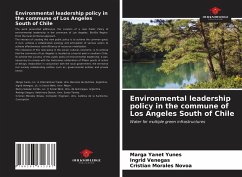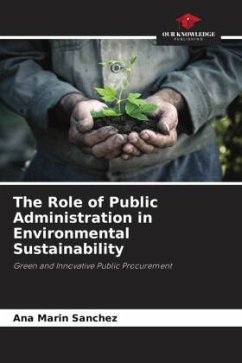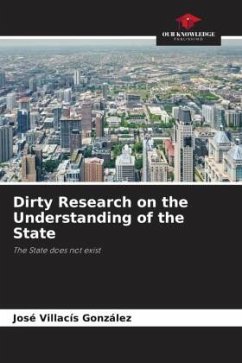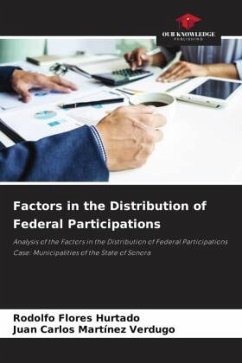
The Environmental Education Program
Conceptual appropriations in the constitution of the Environmental Education Program of the State of Bahia
Versandkostenfrei!
Versandfertig in 6-10 Tagen
36,99 €
inkl. MwSt.

PAYBACK Punkte
18 °P sammeln!
The aim of this book is to show the results of a research project whose objective was to analyze the constitution of the Environmental Education Program of the State of Bahia (PEA-BA) and the way in which the subjects involved appropriated the concepts of communication, transversalization and evaluation in its 27 Territories of Identity. The PEA-BA has a political value based on participatory democracy, which is being disseminated in the program's proposal through the concepts, statements and structuring axes. It is through this value that the concept of environmental education is disseminated...
The aim of this book is to show the results of a research project whose objective was to analyze the constitution of the Environmental Education Program of the State of Bahia (PEA-BA) and the way in which the subjects involved appropriated the concepts of communication, transversalization and evaluation in its 27 Territories of Identity. The PEA-BA has a political value based on participatory democracy, which is being disseminated in the program's proposal through the concepts, statements and structuring axes. It is through this value that the concept of environmental education is disseminated, in other words, what is said about environmental education in this programme necessarily involves a discourse in defence of the decentralization of power or the horizontalization of power relations between the state and civil society. The PEA-BA differs from other programs in that it was built collectively between the state and civil society, and it is also based on a proposal for environmental education from an emancipatory perspective, so that those involved can act in the environment where they are inserted in a conscious way and be co-responsible in the process of managing and caring for their territory of identity.





